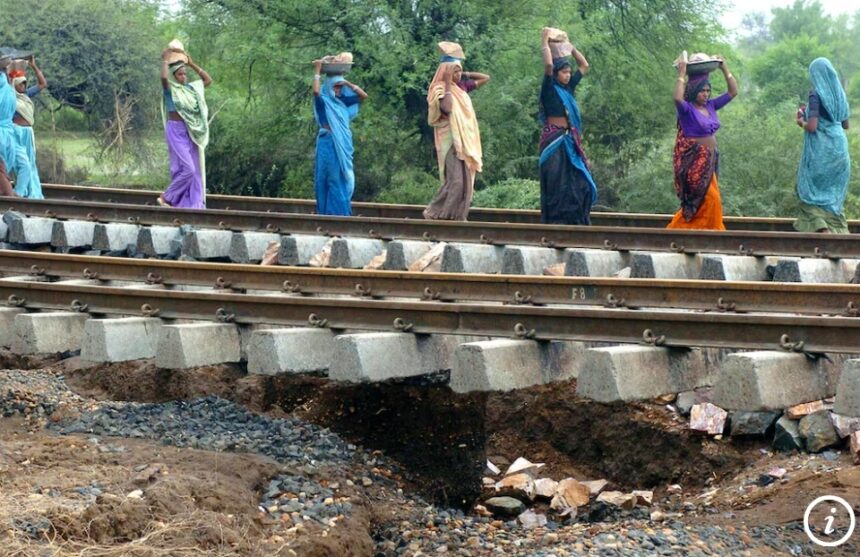The Micro, Small, and Medium Enterprises (MSME) sector is a vital component of any economy, contributing significantly to employment generation, GDP growth, and fostering entrepreneurship. However, the growth of this sector is often hindered by poor infrastructure, which poses numerous challenges for MSMEs.
One of the primary issues stemming from inadequate infrastructure is the unreliable power supply. MSMEs rely heavily on electricity to operate their businesses, but frequent power outages and voltage fluctuations disrupt production schedules, leading to decreased productivity and increased operational costs. Additionally, the lack of access to affordable and uninterrupted power hampers the adoption of modern technology and machinery, limiting the sector’s competitiveness in the global market.
Transportation infrastructure is another critical area where MSMEs face challenges. Poor road conditions, inadequate public transportation, and congestion result in delays in the transportation of raw materials and finished goods. This not only increases logistics costs but also affects the timely delivery of products to customers, impacting customer satisfaction and market competitiveness.
Furthermore, deficient telecommunications and internet infrastructure hinder MSMEs’ ability to participate in e-commerce and access online markets. In today’s digital age, having reliable internet connectivity is essential for marketing products, accessing information, and conducting online transactions. Without access to robust telecommunications infrastructure, MSMEs are at a disadvantage compared to larger enterprises that can afford to invest in advanced technology and digital platforms.
Access to finance is another challenge exacerbated by poor infrastructure. Financial institutions may be reluctant to lend to MSMEs operating in areas with inadequate infrastructure due to perceived risks associated with unreliable power supply, transportation bottlenecks, and limited market access. This lack of access to finance constrains MSMEs’ ability to invest in technology upgrades, expand operations, and innovate, stifling their growth potential.
Addressing the infrastructure gap is crucial for unlocking the full potential of the MSME sector. Governments must prioritize infrastructure development initiatives, including investments in power generation and distribution, road and transportation networks, telecommunications infrastructure, and access to finance for MSMEs. Public-private partnerships can play a significant role in financing and implementing infrastructure projects, leveraging both government resources and private sector expertise.
Moreover, policymakers should streamline regulatory processes and provide incentives to encourage private sector investment in infrastructure development, fostering a conducive environment for MSME growth. By addressing the infrastructure challenges faced by MSMEs, economies can unleash their potential to drive economic growth, create jobs, and foster innovation, ultimately contributing to sustainable development and poverty reduction.
For more information visit at https://happenrecently.com/zepto/?amp=1



